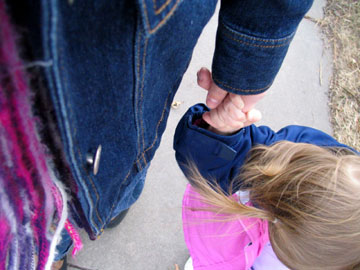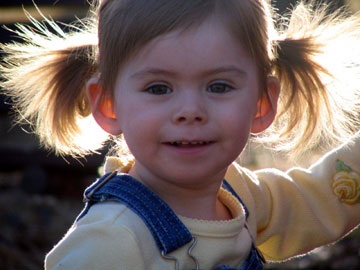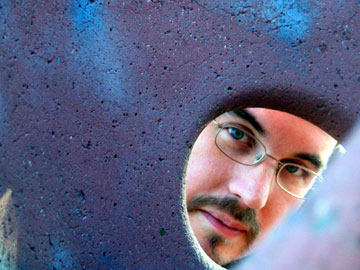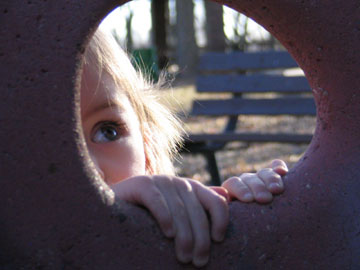Megan issued the invitation and I responded to it by checking out Hannah Coulter from a local library last week. The following is my review of the book.
In the beginning of the novel, when Hannah recalls that she knew little of husband Nathan as a boy—in the days before he crossed “the waters” for battle in Okinawa during World War II—I began to wonder what kind of story author Wendell Berry was going to tell. The reason for my confusion relates to the fact that Hannah was married, to someone other than Nathan Coulter, to a man who ended up dying in the war. At this very early point in the novel, I wasn’t sure where to place my interest: Was this a story of her second husband? Was it a tale of true love lost forever? Was Hannah Coulter now a bitter old woman? And for some odd reason, I never lost my tentative stance as a reader. Throughout the entire book I felt like I was trying to “figure out” the main point of the story. Now that I’ve read the entire thing, I surmise that there was no particular main point to grasp. The joy of Hannah Coulter is definitely in the telling, in the meandering paragraphs of her days on the farm, of the two loves of her life, and of relationships with friends and family.
Though the novel is endearing in many chapters, it isn’t the type of book I’d eagerly press into the hands of my friends. However, I found a few pieces of gold sprinkled throughout its pages and ended up scribbling quotes in my journal. On New Year’s Eve several friends and I toasted to “Hope without shame” in 2006. The following quote clarifies that sentiment:
Living without expectations is hard but, when you can do it, good. Living without hope is harder, and that is bad. You have got to have hope, and you musn’t shirk it. Love, after all, “hopeth all things.” But maybe you must learn, and it is hard learning, not to hope out loud, especially for other people. You must not let your hope turn into expectation. (p. 146)
Another section, this time related specifically to marriage, struck me as quite beautiful. I copied nearly an entire page because I like it so much:
It would be again like the coming of the rhymes in a song, a different song, this one, a long song, the rhymes sometimes wide apart, but the rhymes would come.
The rhymes came. But you may have a long journey to travel to meet somebody in the innermost inwardness and sweetness of that room. You can’t get here just by wanting to, or just because the night falls. The meeting is prepared in the long day, in the works of years, in the keeping of faith, in kindness.
The room of love is another world. You go there wearing no watch, watching no clock. It is the world without end, so small that two people can hold it in their arms, and yet it is bigger than worlds on worlds, for it contains the longing of all things to be together. You come together to the day’s end, weary and sore, troubled and afraid. You take it all into your arms, it goes away, and there you are where giving and taking are the same, and you live a little while entirely in a gift. The words have all been said, all permissions given, and you are free in the place that is two of you together. What could be more heavenly than to have desire and satisfaction in the same room? [emphasis mine]
If you want to now why ever in telling of trouble and sorrow I am giving thanks, this is why. (p. 110)
These quotes, for me, were the highlight of this book. Towards the end of the novel I began to lose interest in Hannah’s story. I found her thoughts on her children, who all moved away from home and completely lost interest in the family farm, tiresome and frustrating. It rang too closely to the “in my day things were so much better because…” complaint that frankly no one wants to hear. If Berry had perhaps been a little more concise in his storytelling, limiting the book to a central theme, it would’ve made for a simpler, more enjoyable read.



